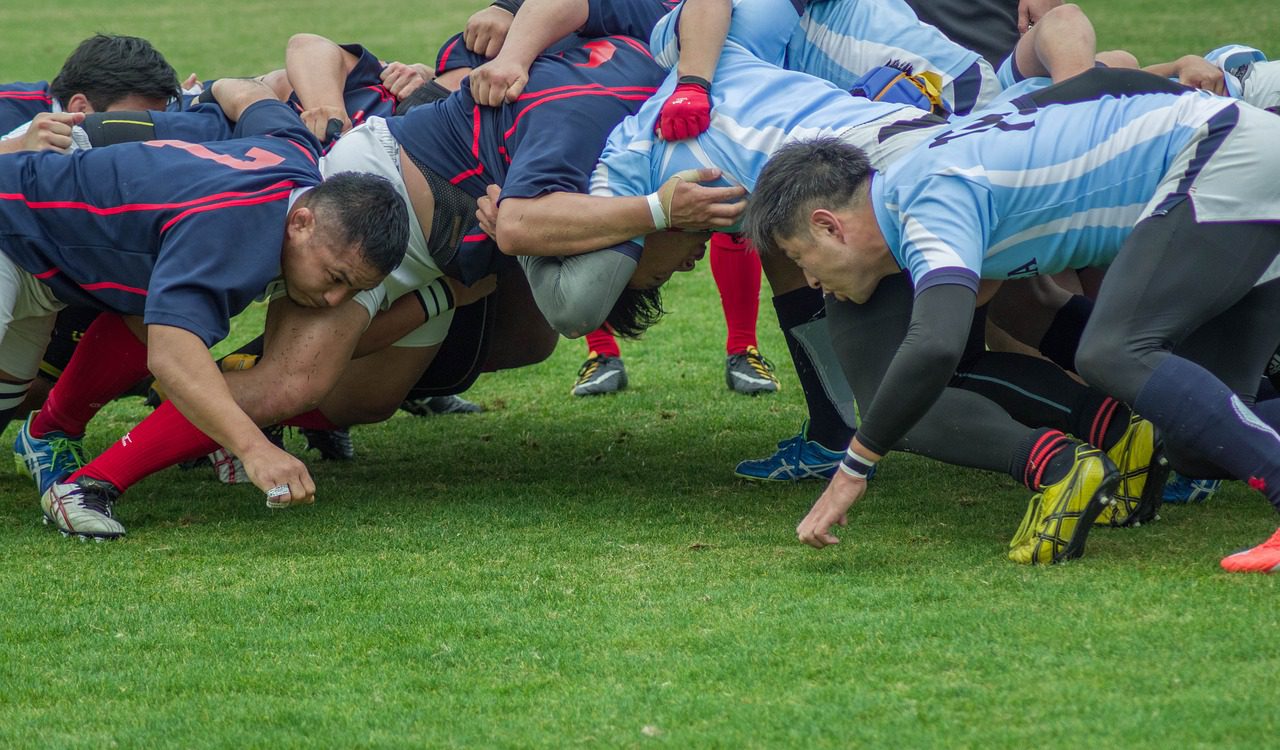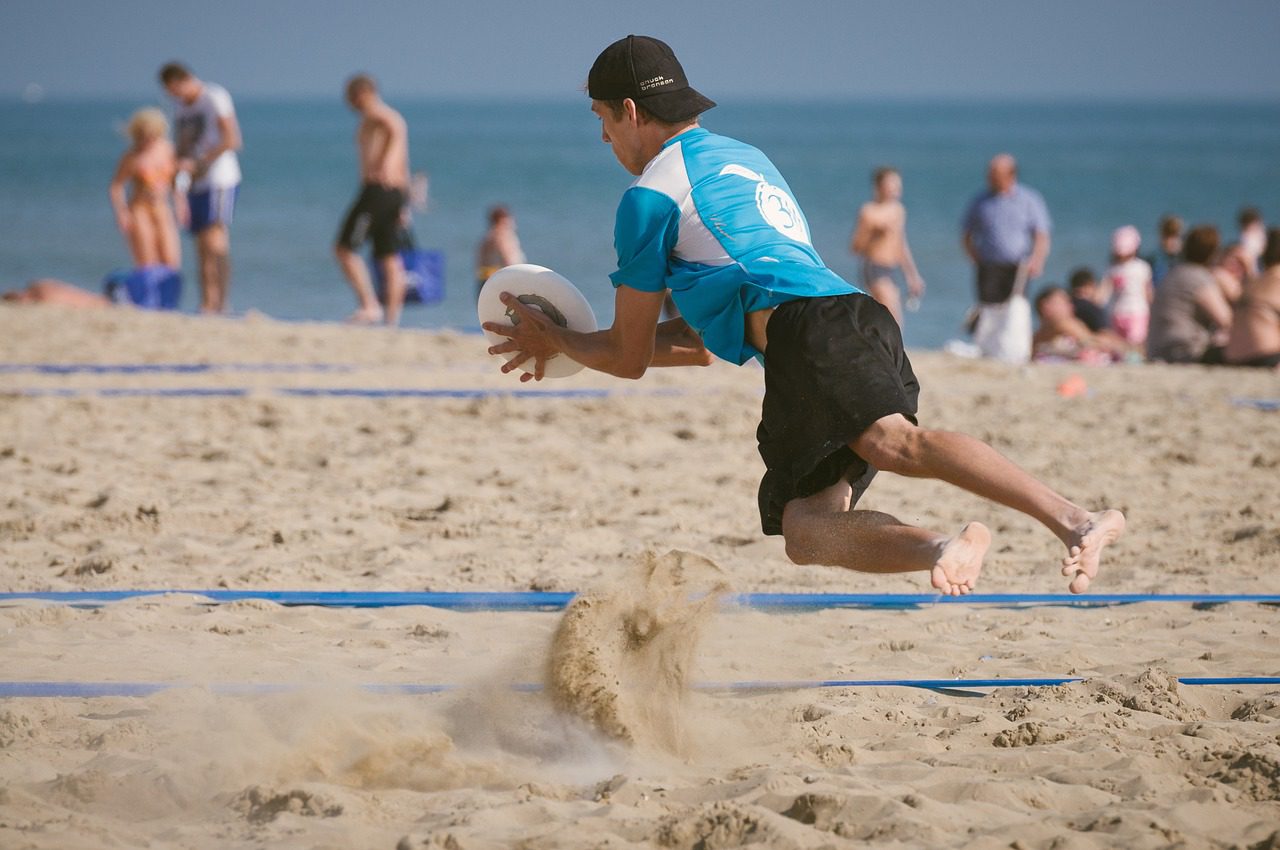Whenever you come across team sports, what do you hear? Is it football, baseball, basketball, or any other sport requiring a maximum number of players on a single field? It would be fair to say that such a fact can change the reality of sports for good. But, team sports are much more than this. A team can do more than winning, from spending hours at the training ground together to learning ethics as a unit. As a result, more universities and schools are incorporating the basics of team building through sports to assist today’s youth in their personal, academic, social, and professional life.
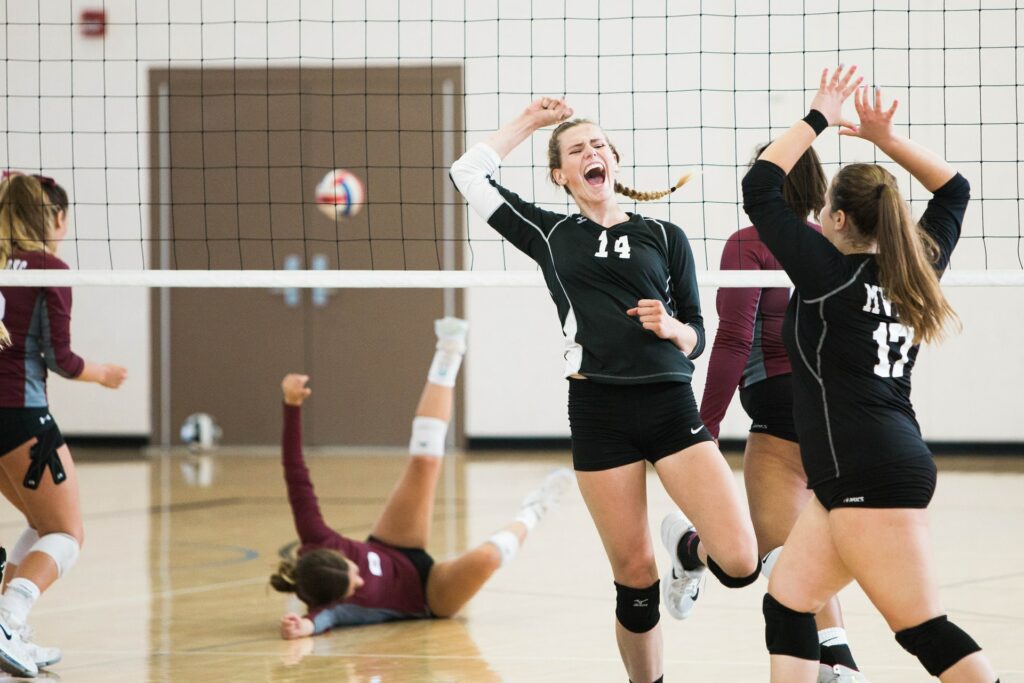
Moreover, when it comes to various studies conducted worldwide, one is covered by the University of Kansas, stating how team sports can build a young individual’s career and boost physical activities at the same time. The stats showed more than 95% of student-athletes made their careers through team sports. These athletes also showed a significant rise in their G.P.A. outcomes when compared to non-athletes. It is essential to know that increased cognitive abilities can play a considerable role when a young individual gets involved in team sports.
How does science support this?
When you indulge in physical activities, it can naturally increase the blood flow to the brain and activate endorphins. These chemicals are released when one exercises. In addition, endorphins can affect your work performance and mood, allowing athletes to tackle the next big challenge willingly. Furthermore, team sports may also help people with emotional development. Besides, another research published by the Canadian Fitness & Lifestyle Institute summarises that such activities can result in a distinctive state of relaxation, short-term or short-lived. Even if it occurs for a short period, it may leave a positive impact on an individual.
This relaxation can accommodate and promote better memory, increased concentration, more effective problem solving, enhanced creativity, and an improved mood. If you wonder what happens in the dressing rooms, team sports foster mentorship amid younger and older players, athletes, and coaches. Besides, coaches can play a significant role in monitoring a young athlete’s life. Pick up any movie that revolves around sports, and you’ll know what we’re talking about. Soft skills tend to be personal attributes that allow them to build positive relationships with everyone around them.
Communication Skills
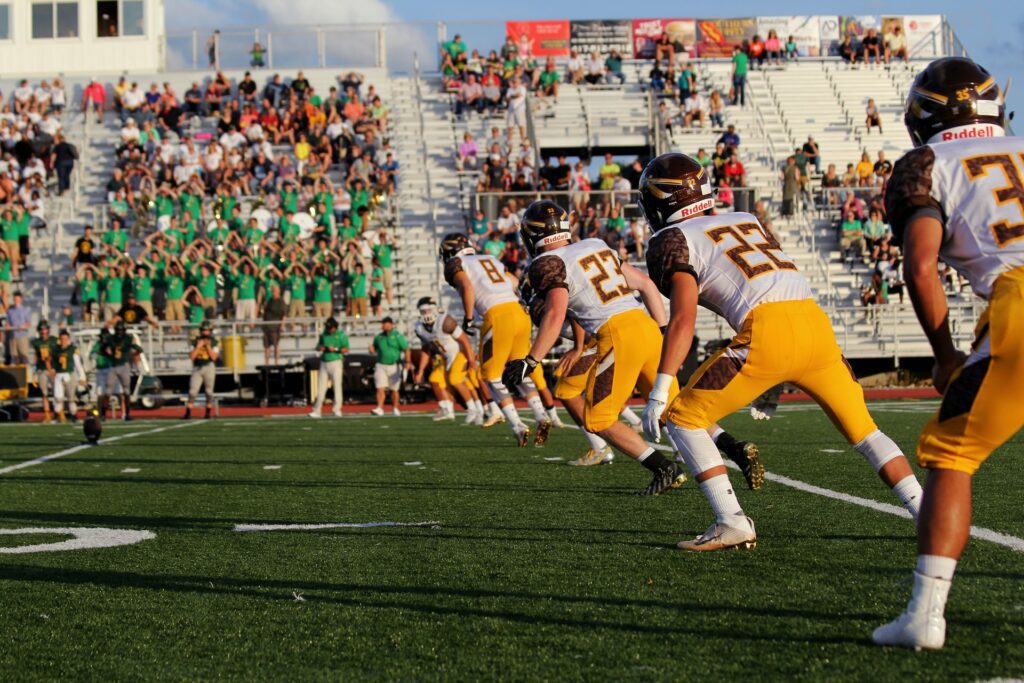
While this may not seem evident as sitting down in a group project, team sports require a lot of seamless communication, both unspoken and spoken. Not only is communication integral in maintaining a sports team, but listening to locker room pep talks can do wonders as well. If you’ve read Coaching Girls Basketball Successfully by Jill Prudden, you may have come across some of the inspiring lines like, ‘players are expected to put forth their hopes, concerns, and disappointments in front of their teammates and coaches.’ The author also focuses on how encouraging it is to seek valuable feedback from other classroom teachers.
Decisive Action
Sports are all about quick decisions and decisive actions. One missed the moment, and you will be penalized by the opponent team. This is how fast some sports can be. Whether it is football or basketball, everyone is required to communicate seamlessly. This not only promotes decisive decisions but also covers for another individual. What this does is, teaches a young individual to adhere to critical decision-making that will benefit the entire team during the playing hours.
Moreover, athletes who’ve played championship games know the definition of pressure. Sports tend to create an environment where athletes can learn to battle out their natural flight or fight instinct to make difficult and consistent decisions under pressure.
Teamwork
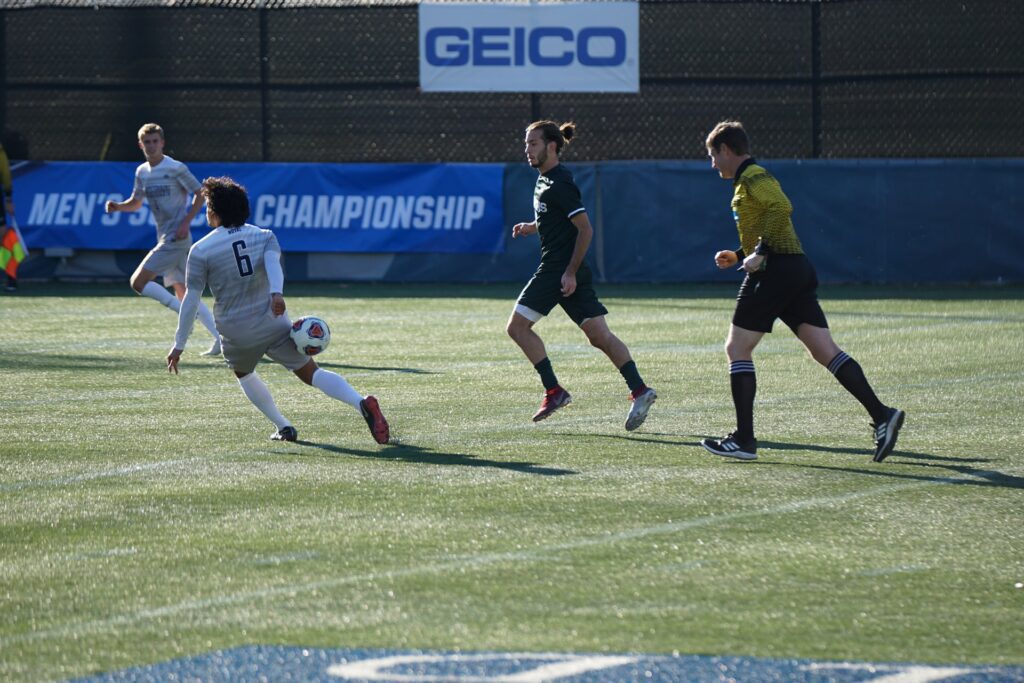
This might be obvious – teamwork is about assisting and collaborating with other people to reach a common objective or goal. The diverse pairing of scenarios and personalities can help athletes become adaptable, patient, and persistent. Team sports also tend to teach a sense of individual and group responsibility.
Time Management
Even though team sports are not a full-time job, it requires everyone to be punctual and attentive. Everything is about time management. From arriving at the training center to attending team meetings and exercise sessions, all these are sports obligations that are some of the minimum sports requirements.
Such necessity demands that players learn valuable time efficiency and management skills, or they can never keep up with academics and sports.
Build a Sense of Community & Self-Esteem
If you did not know, team sports tend to bolster the 5 C’s – confidence, competence, character, connections, and caring. Besides, self-esteem is at the heart of all these that provide an improved sense of self due to stronger relationships, better social interactions, and higher academic performance. Consequently, every athlete needs to build self-esteem and a sense of community.
Featured Image Credits: Pixabay

